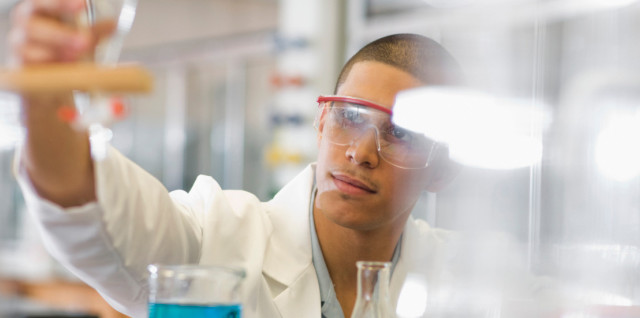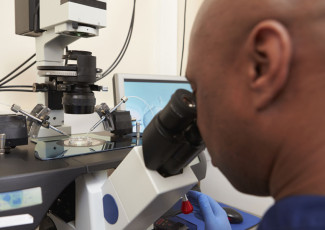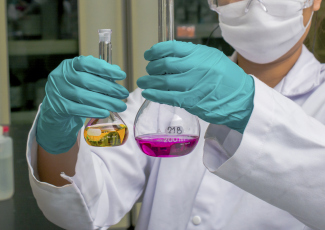413 STEM Ready: An Innovative Collaboration
By Emily Rogan
August 7, 2014
Two-year and four-year colleges collaborate to put students on a pathway to science, technology, engineering and mathematics success.
A partnership between Massachusetts College of Liberal Arts (MCLA) and three regional community colleges aims to help students deepen their exploration of science, technology, engineering and mathematics (STEM) careers while considering life after college.
The 413 STEM Ready program — named for the area code in which the colleges are located — offers students from Berkshire, Holyoke and Greenfield community colleges the opportunity to experience residential life at a four-year college, connect with STEM industry experts and faculty from other colleges and universities and engage in relevant field work, all toward the ultimate goal of securing a stable, good-paying job after graduation.
“It is STEM enrichment at a higher level than might take place at community college alone,” says Charlie Kaminski, dean of academic affairs for business and STEM programs at Berkshire Community College (BCC).
How it works: In July, about 20 students from the three community colleges spent an intensive week at MCLA conducting lab work, listening to industry professionals, participating in team-building exercises and traveling to nearby college campuses, including Williams College, where there’s an observatory and electron microscope.
Participating students had to apply to program and those with career interests in engineering, biological sciences, the environment and chemistry were given special consideration.
“Many of them were not aware of the STEM career opportunities that are out there and what it takes to work in them,” says Kaminski of the students.
Work ongoing: Students will continue their participation in the program, funded by the Massachusetts Board of Education, through their local community colleges during the school year.
At BCC, for example, participating biology students recently planned a trip to a human cadaver research center in Boston.
Kaminski says program participants at his college will also be asked to mentor incoming first-year STEM students.
A new way of thinking: Program administrators say the 413 STEM Ready collaborative illustrates a shift in traditional community college job training. Rather than simply outfit students with the skills they need to succeed at the next level, the program encourages students to think long-term about college transfer and career opportunities. For instance, students who attend the weeklong MCLA workshop have an opportunity to stay over night and experience what it’s like to live on campus. Other program elements give a sense of what it’s like to work in the field.
“The big piece is aspirational — to see beyond community college — what it really means to be in the field as well as resources and opportunities out there,” says Kaminski.
Program administrators, including Monica Joslin, dean of academic affairs at MCLA, lead partner in the STEM network, say the collaborative puts students on a more defined career path.
“The community colleges have done a tremendous job providing workforce experience and certification programs,” she says. “However, many STEM career fields require four-year bachelor’s degrees or higher. This helps with that.”
The summer residential component is key for students who might not initially have considered four-year college as an option.
“Every step of the way, it’s about supporting student success in STEM,” says Joslin. “Working together makes us stronger and better in preparing students.”
Want additional ideas about how to grow STEM programs at your college? Read what the AACC MentorLinks colleges are doing in AACC’s Community College Daily.












